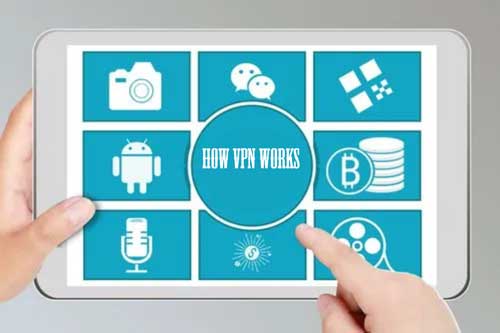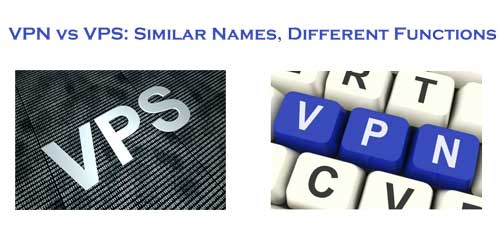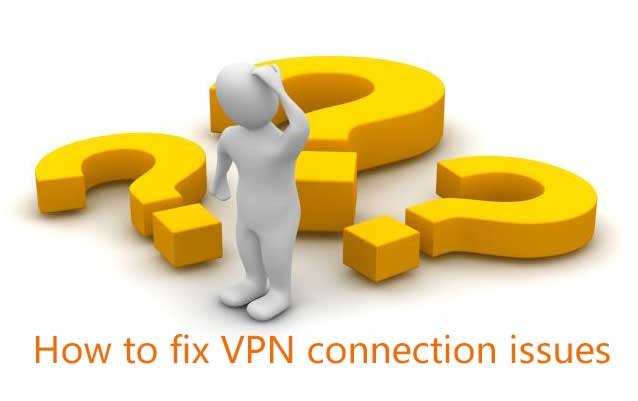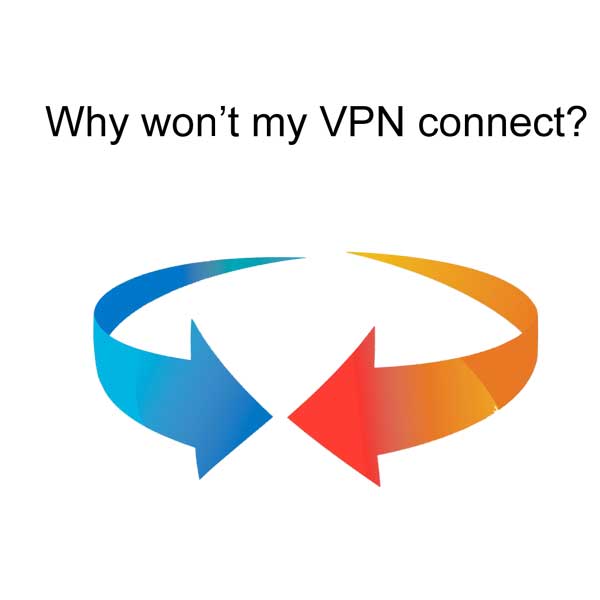VPS (Virtual Private Server) and VPN (Virtual Private Network) are two different technologies that are used for different purposes. A VPS is a virtual machine that is used to host websites and applications, while a VPN is a service that encrypts a user’s internet connection and routes it through a remote server.
So, which one is better: VPS or VPN? The answer really depends on what you need. Here are some points to consider:
Cost
VPS hosting is generally more expensive than shared hosting, but it is also more expensive than many VPN services. If cost is a major factor for you, then a VPN might be the better choice.
Performance
When it comes to performance, VPS tends to offer better speed and reliability than VPN. This is because a VPS is a dedicated virtual machine, while a VPN routes your traffic through a remote server, which can add some latency. However, the performance of a VPN can vary depending on the quality of the service and the distance between you and the server.
Security
Both VPS and VPN offer some level of security, but they do so in different ways. A VPS provides security by separating your resources from those of other users on the same physical server. This means that if another user’s website or application is compromised, your resources will not be affected. A VPN, on the other hand, provides security by encrypting your internet connection and hiding your IP address. This makes it more difficult for hackers or government agencies to track your online activity.
Flexibility
In terms of flexibility, VPS tends to offer more control and customization than VPN. With a VPS, you have your own virtualized operating system, which means you can install any software you need and configure the server to your liking. VPNs, on the other hand, are generally more limited in terms of what you can do. Some VPNs allow you to choose which server to connect to and customize your security settings, but you don’t have the same level of control as you would with a VPS.
Making a Decision
So, how do you decide which one is right for you? Here are a few tips:
Consider your budget: If cost is a major factor for you, then a VPN might be the more affordable option.
Think about your needs: Do you need the flexibility and control of a VPS, or are you mainly concerned with privacy and security?
Compare features: Look at the features and capabilities of different VPS and VPN providers to see which one best meets your needs.
Read reviews: Look for reviews and ratings of different VPS and VPN providers to get a sense of their reputation and performance.
Ultimately, the decision of whether to use a VPS or VPN will depend on your specific needs and priorities. Both technologies have their own advantages and disadvantages, and the right choice for you will depend on what you need to accomplish.








